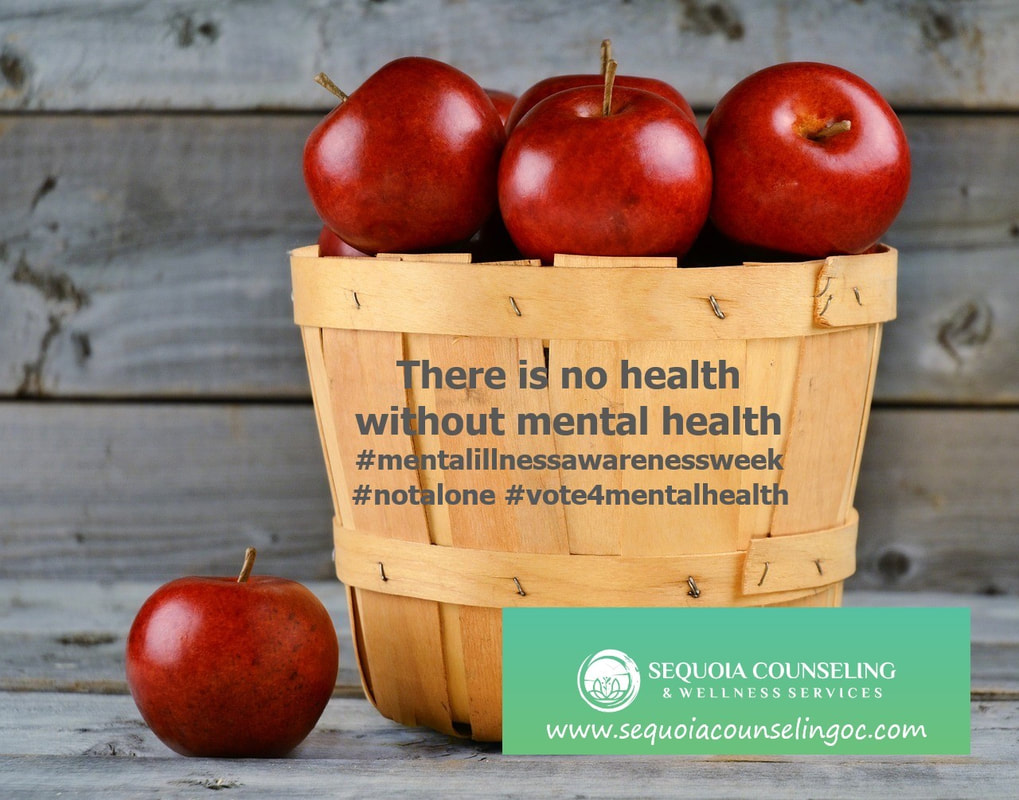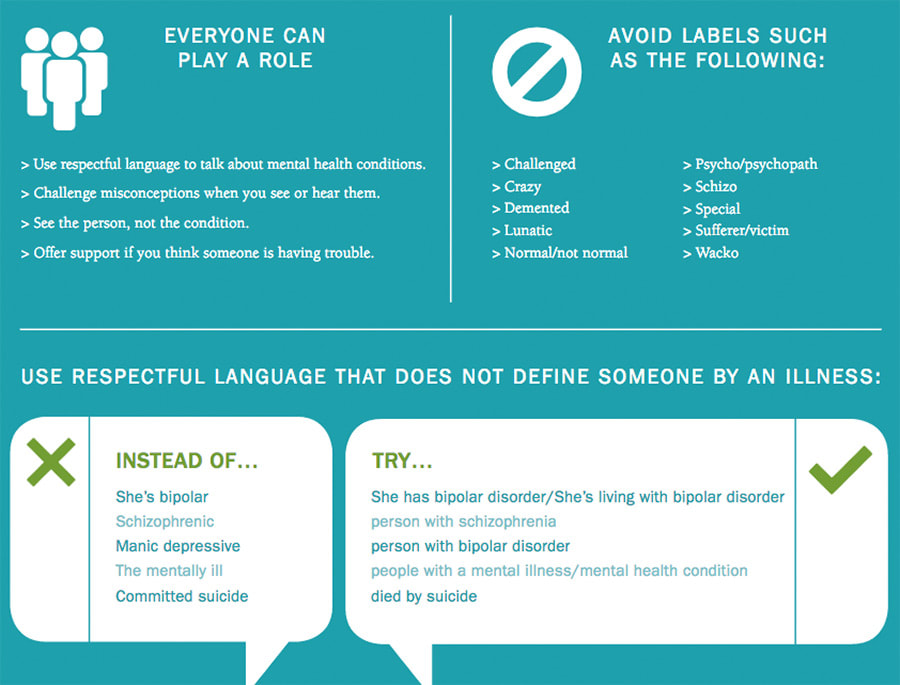|
Stigma around mental illness conditions has troublesome consequences for persons living with mental illness. Stigma continues even though public awareness is growing and persons living with symptoms are seeking help more often.
Examples of mental illness stigma beliefs include:
How does mental illness stigma affect seniors and the elderly, such as the Baby Boomer (ages 56-74) and Silent Generations (ages 75-95)? Part of the stigma for seniors is impacted and concealed by myths about aging. Examples of these myths include:
Families also typically remain close and involved in the lives of their elder relatives. Changes in thinking that occur with normal aging are largely harmless, and usually entail mild forgetfulness and word-finding difficulty during conversations. While dementia is more common in old age in comparison to youth, it is not a normal part of the aging process. (written and produced by ABCT)
What can be done to counteract mental illness stigma and ageism for the elderly?
#MIAW #Vote4MentalHealth #NotAlone #mentalhealthmatters #stopthestigma This post is in recognition of Mental Illness Awareness Week ("MIAW", 10/4-10/10). The theme of this year's MIAW is "What People With Mental Illness Want You to Know." If you would like information about counseling or to schedule an appointment, please call or email. <3 Be well! - Dr. Melissa Soo Hoo All blog posts from Dr. Soo Hoo are provided for educational and informational purposes only. As Dr. Soo Hoo is a licensed clinical and health psychologist, we must make it clear that nothing on the blog is intended to constitute medical or psychological advice, consultation, recommendation, diagnosis, or treatment. If you are concerned about your health, please seek appropriate care in your area. Comments are closed.
|
Hours Mon-Fri: 8am - 5pm
|
Telephone 949.337.1034
|




